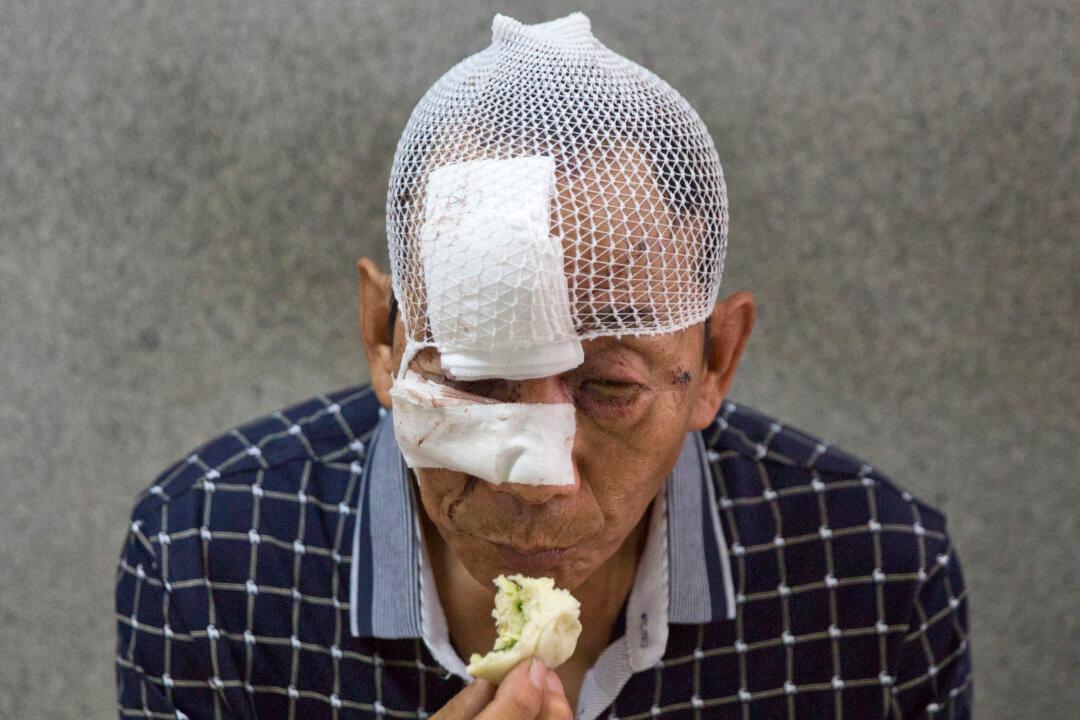After two massive explosions that laid waste to a docking facility in the Chinese port city of Tianjin on Aug. 12, there is still no official word on what caused the disaster.
What’s known is that the blast occurred at warehouse of hazardous chemicals owned by Tianjin Dongjiang Port Ruihai International Logistics, a company that specializes in storing and transferring dangerous goods. The port is the 10th largest in the world and China’s seventh largest.
Chinese officials, who are trying to keep a tight rein over information about the accident, said they are investigating.
Given China’s well-documented track record for lax safety standards in handling hazardous goods it seems likely this was a contributing cause.





